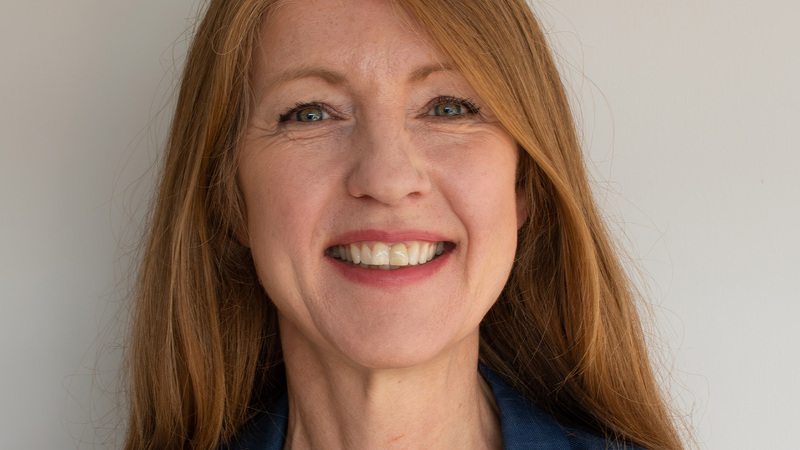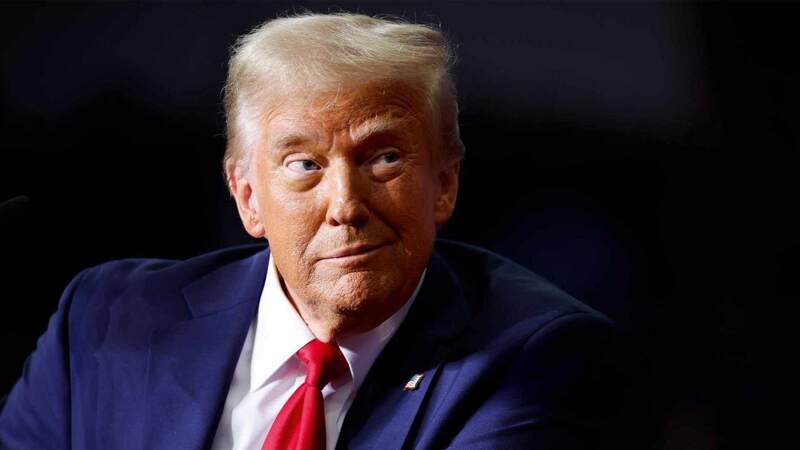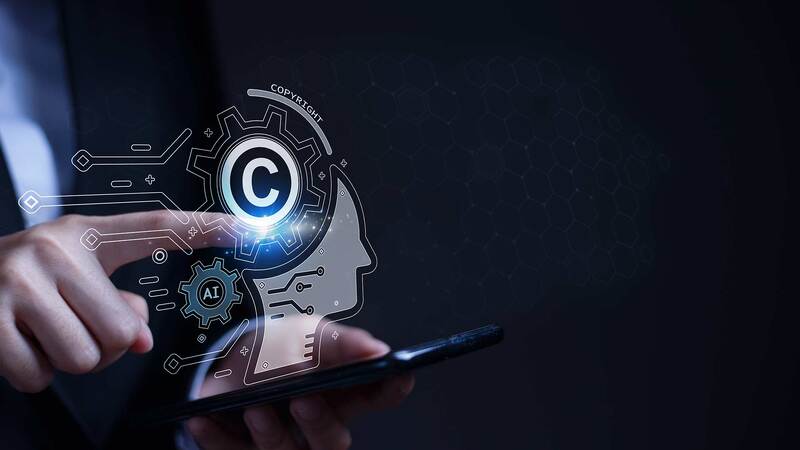You are viewing your 1 free article this month. Login to read more articles.
Authors criticise YouTube's rallying cry against Article 13
The Society of Authors (SoA) and a number of writers have criticised YouTube for emailing its users saying Article 13, part of the EU's proposed copyright directive, would prevent them from uploading videos onto online platforms.
In September the European Parliament voted in favour of the copyright directive, which was put together to modernise copyright for the digital age. Article 13 of that directive would make any websites that host large amounts of user-generated content (like YouTube, Twitter and Facebook) responsible for taking down that content if it infringes on copyright.
YouTube yesterday (21st November) emailed a letter to its users encouraging them to protest against Article 13, saying: “Imagine an internet where your videos can no longer be seen. Imagine an internet without your favourite creators. Imagine an internet where new artists are never discovered. It could happen in Europe.
“To be clear, we support the goals of Article 13. However, the current European Parliament proposal of Article 13 will have serious unintended consequences. It threatens to deprive millions of people in Europe of their ability to upload content to platforms like YouTube. European viewers would lose access to billions of videos from all over the world.”
The letter provides links to a video of “Matt from YouTube” saying the company may have no choice but to block users’ videos unless they could prove they own everything in the videos. The letter also links to videos of several YouTubers, including Phil de Franco and RobBubble, expressing their concerns about the proposed legislation.
Tim Gallagher, public affairs manager at the Society of Authors, said YouTube is being “disingenuous” to claim that Article 13 harms creators. “We know that global tech giants have spent millions of pounds on lobbying against the Directive, and their campaign continues to be characterised by a loop of scaremongering and misinformation. The fact is that YouTube and similar organisations don’t like Article 13 because it will finally force them to take action to protect creators and tackle copyright infringement on their sites. This is welcome progress for creators and users alike.”
Creators are currently not being paid fairly when their creative content is used on online platforms and this is something Article 13 is aimed at addressing, he added.
Author Nicola Morgan, who received the email, agreed, saying: “YouTube (and other big content-sharing companies who generate income from that free content) are being very misleading, implying that this directive will curb free speech and free sharing of content. No, it will only a) try to stop people uploading and sharing illegally and b) put the onus on YouTube etc to try to protect legitimate owners and primary creators (which is why they don't like it, I assume).
She pointed out that people will still be able to link and share content, because hyperlinks are excluded from the plans.
“We can all still share freely as we have always been able to, as long as we respect copyright and don't steal,” she said. “It annoys and worries me enormously that YouTube think they can spread these untruths to millions of people.”
Author Savannah Brown and booktuber Olivia Gacka agreed with YouTube that Article 13, as it currently stands, would be harmful for creators but questioned whether the internet giant was really interested in looking after its users.
“If the article passes as is I don’t think it’s an exaggeration to say a lot of people's’ livelihoods will be destroyed and the internet as we know it will change — in my opinion, for the worse,” said Brown, whose debut novel is out with Penguin Random House next year. “But, and this might be slightly cynical, I also think that the rallying cry YouTube is attempting to drum up from its creators is a bit slippery at best and deliberately manipulative at worst. YouTube doesn’t want to block Article 13 to ‘protect creativity’ or ‘make sure everyone’s voice gets heard’ — it’s because they want to avoid liability and continue profiting off of copyrighted content. I think it’s really off that they’re trying to mobilise creators — creators that Youtube has notoriously treated poorly for years — to fight this fight for them, packaging it with a sort of plucky hashtag to ‘save our internet’."
Gacka, who runs the That Fiction Life channel on YouTube, said: “While it is logical from a legal perspective as to why the site would choose to announce outright that videos would be taken down upon upload, as to avoid possible litigation over copyright, I don't yet feel reassured by the platform that they're doing anything substantial other than asking existing creators to contribute to raising public awareness. Arguably there is a recurring theme of the platform not sticking by their creators as it is highly reminiscent of the controversial decision to introduce new monetisation guidelines back in January, which reversed a lot of creators “partner” status.”
Sanne Vliegenthart, a freelance digital producer and consultant, agreed, however, with the stance YouTube is taking.
“YouTube works with media companies and copyright owners to protect properties via their Content ID system, and from my point of view this has been generally successful for the parties involved,” she said. "A film trailer clip incorporated in a video will be immediately detected and the ad revenue from that video is transferred to the original owner. So many online creators now rely on YouTube to make a living, and since Article 13 could seriously impact them and the broader online creative community, I don’t blame YouTube at all for trying to tell as many people as possible about it.”



















